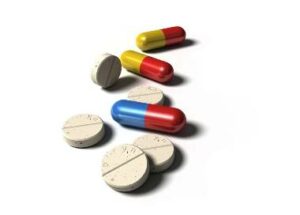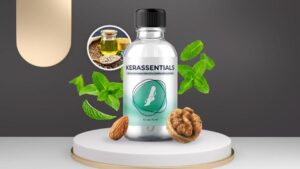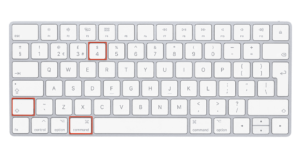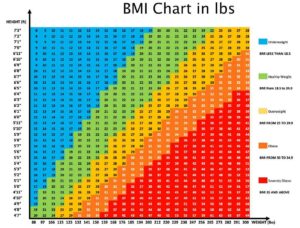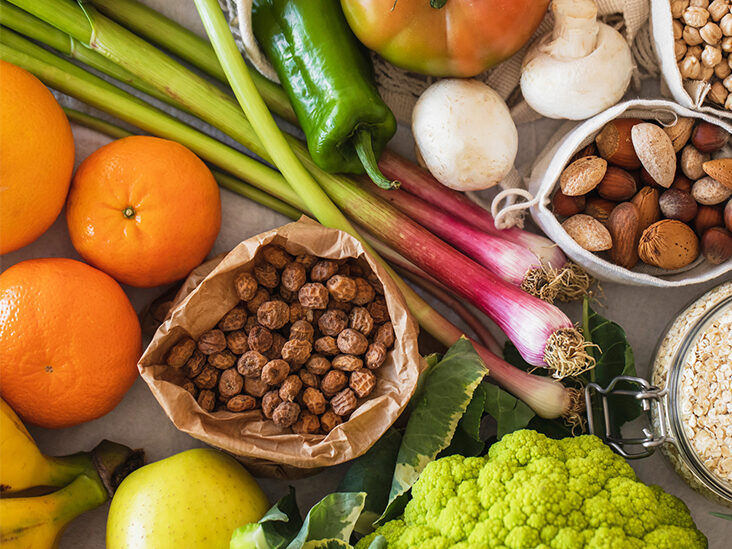
High Fiber Foods
Dietary Fiber is a type of complex carbohydrate that is best known to regulate the digestive system. Intaking High Fiber-rich diets help to reduce the risk of chronic diseases like Constipation, Irritable Bowel Syndrome (IBS), Diverticulitis, Heart Disease, Type 2 Diabetes, and Cancer. Fiber consumption may also help in weight management, it helps in reducing weight with obesity or overweight by intaking a low-calorie diet.
There are two types of fibers that are classified based on the fiber solubility in water. They are Soluble and Insoluble Fibers.
Soluble fibers dissolve easily in water and form a thick gel-like substance that helps in slow digestion and absorption of nutrients. This fiber type can help in lowering cholesterol, Blood pressure, and blood sugar level. It also helps in Constipation and other cardiovascular risks.
Insoluble Fibers do not dissolve in water and help food passes through the digestive system and promote proper bowel movement. This fiber helps in preventing constipation and related problems like Hemorrhoids. It also decreases the risk of cardiovascular disease and Diverticulitis.
Adding these fibers in an adequate amount to our daily diet will promote our health conditions. According to research, it is essential to add 20-30 grams of fibers daily to our diet.
In this blog, we listed a few ways to add adequate fiber intake to your daily life.
- Whole grain Foods
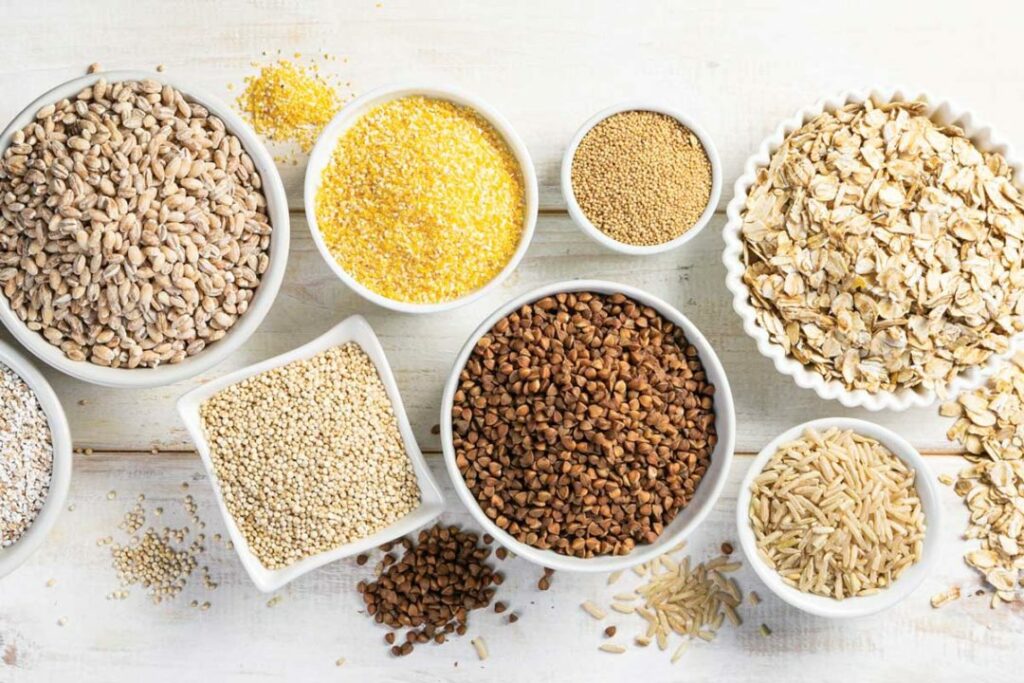
Whole grains contain germs and bran, making them more nutritious than refined grains. Refining the grains strip off its vitamins and fibrous bran. You can replace the refined grains in your diet with whole grains for more nutritious benefits. Even you can try to replace White bread with brown bread and white rice with brown rice. You can also try barley, millet, oats, and quinoa.
If needed there are food times you can buy directly from the shops like brown bread, whole grain biscuits, Whole grain crackers, popcorns, whole grain pasta, tortillas, etc to add more fiber to your diet.
- Fruits
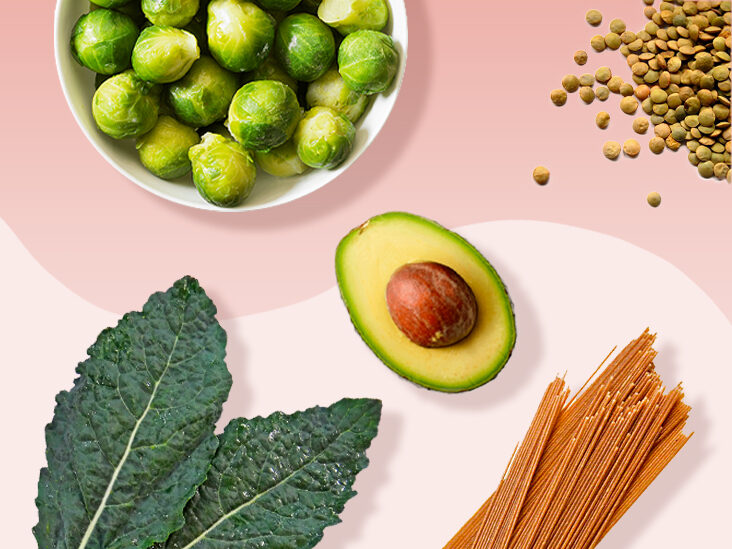
Adding fruits to your diet will quickly improve your fiber intake. The fiber-rich fruits are figs, bananas, apples, avocados, oranges, pears, berries, and guavas among other fruits these fruits are very rich in fibers. Intaking any fruit from this list will boost your fiber intake.
You have to consume these fruits directly without taking them as a juice. Because taking a whole fruit will give you more benefits than a juice. And it is very good when you consume apples, pears, peaches, and apricot type of fruits as it is without peeling their skin. Because these fruits peels are rich in fiber. It provides roughage for healthy digestion.
- Vegetables
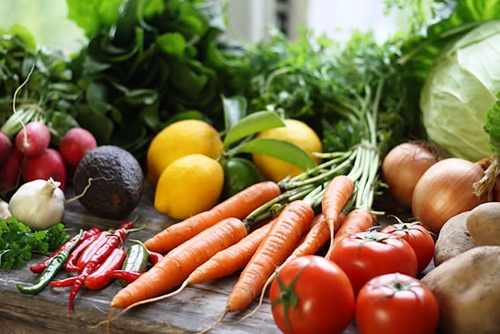
Feel free to add more vegetables to your diet like greeny and cruciferous vegetables. Eat more non-starchy vegetables which have low calories, high nutrient content, and fibers.
Greeny vegetables that include lettuce, kale, spinach, etc are very rich in dietary fibers. These greeny vegetables tend to give fiber that helps to promote the proper functioning of the digestive system.
Cruciferous vegetables like Cabbage, Broccoli, and Cauliflower are rich in fiber. But over consumption of these vegetables leads to gas and bloating. So, consume it in the required quantity.
Eating vegetables as a raw or a salad gives you more fiber than in cooked form. Study proves consuming vegetables before a meal gives more fiber.
- Beans, peas, and other Legumes
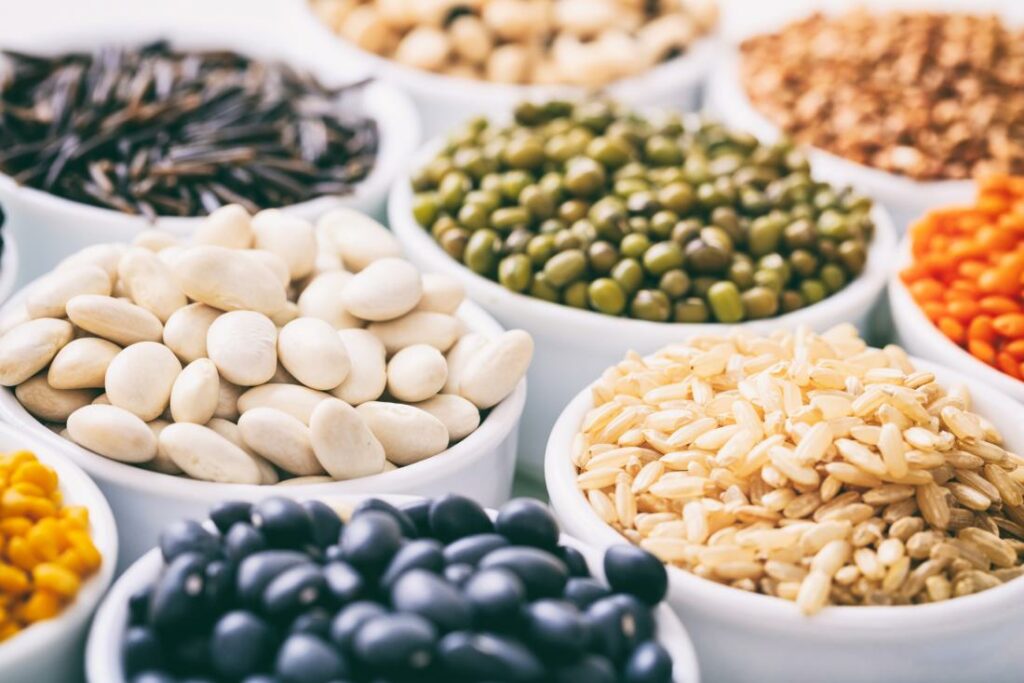
Beans, lentils, peas, chickpeas, kidney beans, dried beans, soybeans, etc are an important source of fiber diet that has been followed has a traditional method. They are not only rich in fiber but also rich in protein, vitamins, carbs, and minerals.
You can add this plant protein instead of animal protein, as it benefits your heart and longevity. However, these foods should be consumed in moderate amounts as they may cause immense gas formation and become worse when you have a health issue like severe irritable bowel syndrome.
- Nuts and Seeds
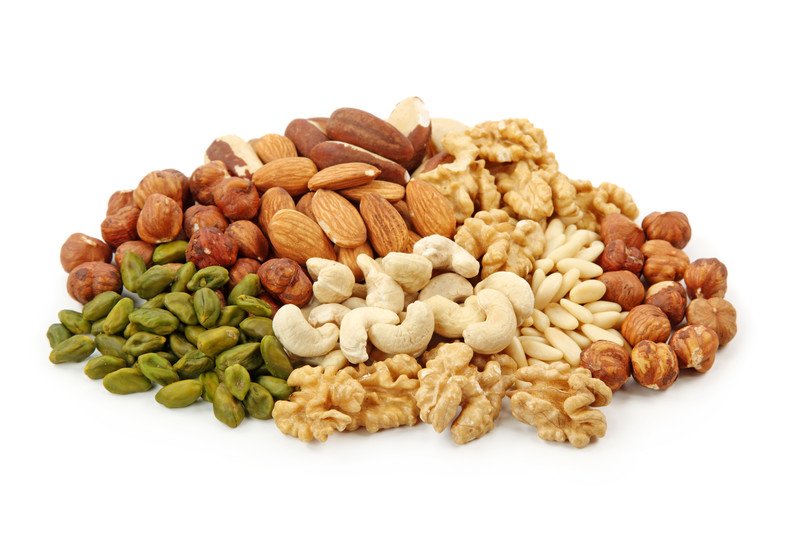
Nuts such as Cashew, Almond, Walnut, and Peanuts are a good source of fiber, plant protein, and beneficiary fat. They can be consumed as perfect snacks.
Seeds like Chia seeds, Flax seeds, pumpkin seeds, and pomegranate seeds are rich in dietary fibers. Intaking seeds in the required quantity by adding them to breakfast or snacks gives fiber to your diet. It promotes normal digestion and lowers the risk of diabetes.
- Fiber Supplements
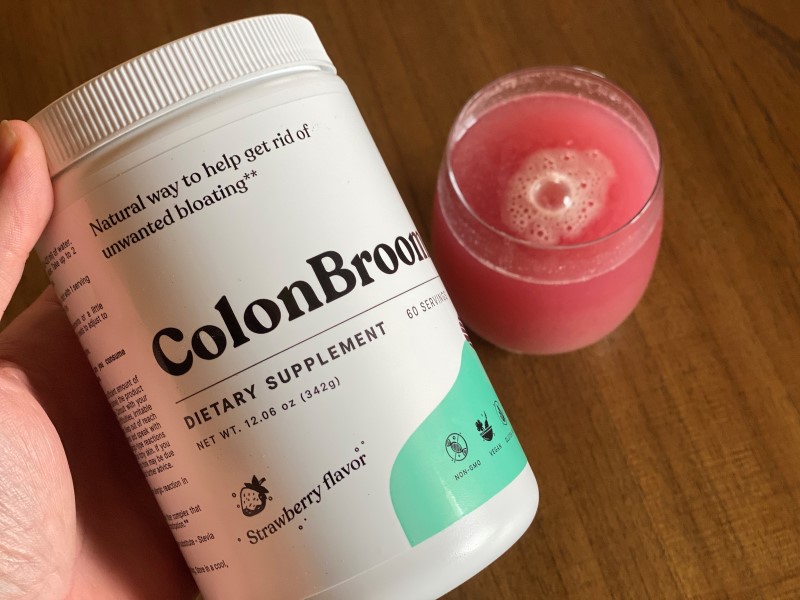
You can add Fiber Supplements to your daily diet if you feel difficult to consume enough dietary sources like fruits, Vegetables, and Whole grains for better bowel movements. It also helps improve blood lipid and Blood Cholesterol level but control the Blood Sugar Level.
Fiber Supplements are available in many forms including Capsules, Powders, Tablets, and gummies.
A few fiber supplements are Methylcellulose fiber (Citrucel), Psyllium fiber (Colon Broom), Wheat dextrin fiber, and guar fibers available in markets.
You can seek advice from doctors before taking fiber supplements if you are under the medication for blood cholesterol and blood glucose. Intake of fiber supplements causes bloating and gas. Hence consumption of more fluid is very important while taking fiber supplements.
High-fiber foods are very good for your diet at an adequate level, if you consume more fiber-rich food it leads to abdominal cramping and bloating. While starting a fiber diet, increase gradually the addition, it helps the bacteria in your digestive system to adjust to the change. Hence, it is very important to keep you hydrated before taking fiber-rich food. You can also use fiber supplements if you feel difficult to consume enough dietary sources. A person should choose the supplements that work best for you without any allergies. If you consume enough fiber in your food then there is no need for fiber supplements.
